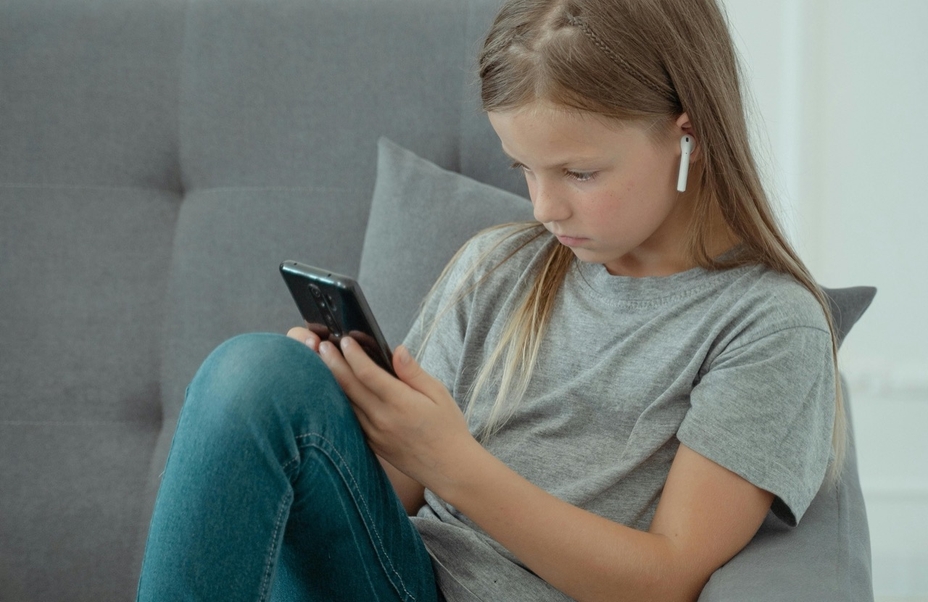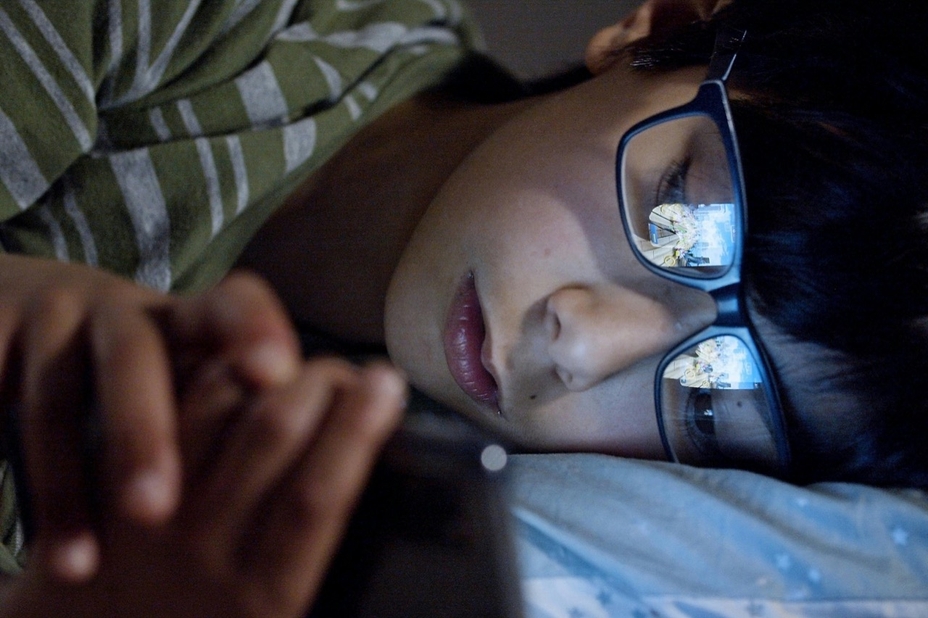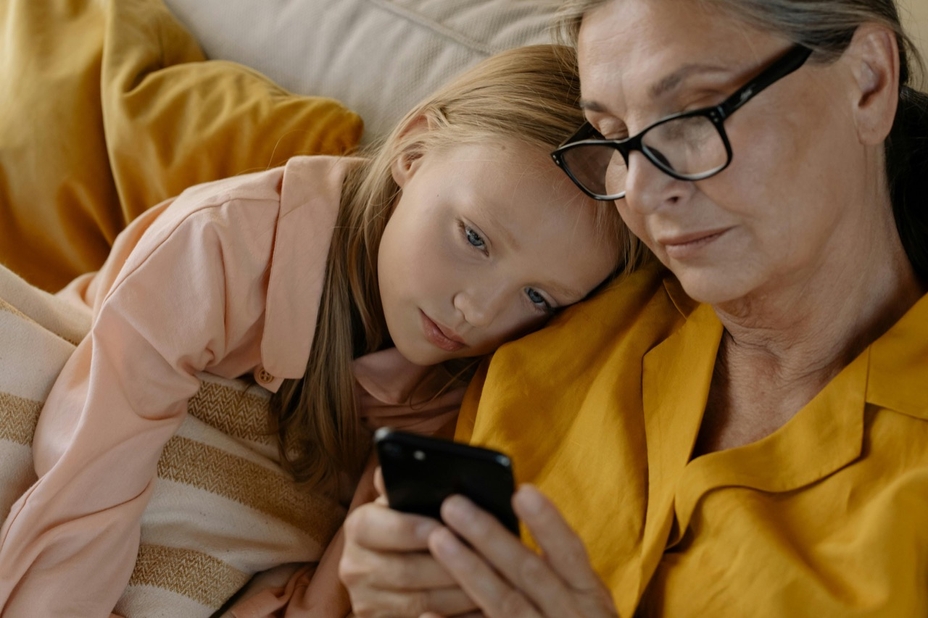Dealing with the school shooting in the age of social media: 5 key tips
| Time to read:5 minutes

1.Curiosity and thirst for knowledge
When something shocking happens, it is natural for feelings of sadness, fear and anxiety to be accompanied by curiosity and a thirst for knowledge. It is common to want to follow the topic and read about it - perhaps all the content available. For many people, one way to process what has happened is to seek information and try to understand what has happened and why. Besides news sources, social media is full of not only expressions of support and touching updates, but also speculation and rumours.
While curiosity is understandable, it should not be given unlimited influence. It is important both on social media and off to remember to behave respectfully towards the deceased, the injured, their families and the school community.
2. Even shocking events do not give permission to share anything on social media
Such events can cause many people to act thoughtlessly and hastily. However, it is worth remembering that even shocking events do not authorise the sharing of private information such as names, addresses or other details of people involved in the event. Moreover, spreading false rumours can be very harmful.
Such shocking events raise a lot of curiosity and right now almost all Finns and many people outside Finland are searching the internet for information about what happened and why it happened. Private information or false rumours shared on social media can create harmful snowball effects that put even more pressure on the victims and those involved.
In a press release, the Eastern Uusimaa police have reminded that spreading false information on social media can be a crime. For example, lies or unsubstantiated allegations that someone has bullied someone else at school may constitute defamation. It can also be a crime to share something true but private about someone else on social media. For example, posting information about the health status of injured students online without their permission can be a criminal offence.
These legal aspects are good to remember if there is any kind of discussion on the topic on social media. The ultimate aim of labeling these kinds of actions as criminal offences is to protect victims and their ability to recover from the incident. Various speculations and private information shared on social media can remain online for a long time.
It is also good for each of us to remember that even if someone else has shared unfounded information or speculation on social media, this does not justify spreading such content further.

3. Social media can provide support but also raise concerns
At best, social media can provide support during difficult times. Different types of support, such as heart emojis or pictures of candles, can provide comfort and a sense of community.
However, the content seen on social media cannot be controlled. Thoughtless or offensive comments, pictures, videos, speculations or overly black-and-white opinions shared on social media can be harmful, shocking or give a distorted view of events. Moreover, even if you participate in the discussion in a proper way, your own updates may be met with highly inappropriate comments.
4. Make active decisions about your social media use
Social media use and browsing should be kept at a moderate level - both for children and adults. It is good to think about what might be an appropriate and supportive way to use social media in such a situation. It is important to make these choices, both in terms of platform and audience.
Currently, it can be difficult to avoid content related to the tragedy on Tiktok, as Tiktok itself recommends information related to the victims and others involved to its users. This means that even if you try to avoid content related to the topic on Tiktok, it may currently be difficult to succeed.
It is therefore good to focus on apps where you can communicate and share thoughts with your loved ones privately and safely.

5. Talk to children and young people also about social media
Many stakeholders have recommended talking to children and young people about the shocking events and the emotions they have raised. This is very important.
While discussing the events themselves, it is also important to remember to talk about what the child or young person has seen on social media. Ask what kind of content they have seen and what thoughts it has brought up for them.
It is good to discuss with children and young people that there is also a lot of speculation, rumours and misinformation circulating on social media. Although access to information from the authorities may seem slow and scarce, the investigating authorities are the only source of confirmed information about what has happened.
Written by
_Social psychologist and lawyer from the emergency unit _
About the topic elsewhere
Yle: How should we talk to children about the school shooting?
Save the children Finland: How to support a child during a crisis?